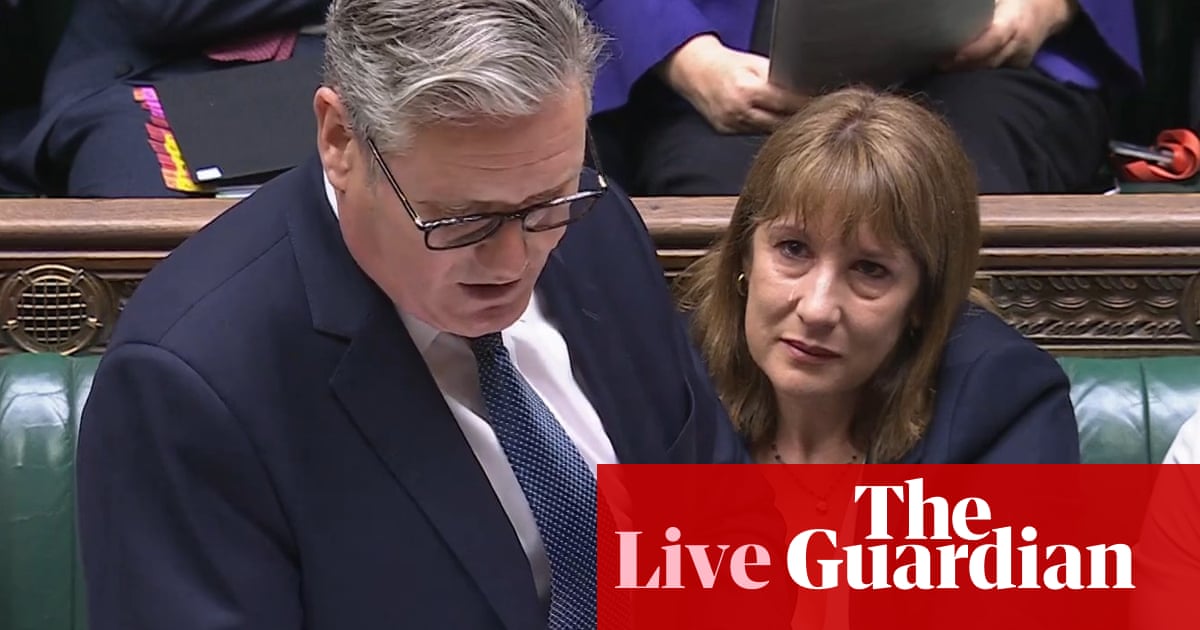For many schools across England it is now October half-term – but while it used to be standard for state schools to have just one week, increasingly pupils and staff are being given a fortnight off.
A growing number of schools have added, or are intending to add, an additional week to the existing holiday, saying it will give teachers a much-needed extra break and allow families to access cheaper holidays.
In England, councils set the holiday dates for state schools, while academies, free schools, foundation schools and voluntary-aided schools can set their own. Nottinghamshire county council moved to a two-week holiday in 2019 across its schools. Unity Schools Partnership, a group of schools across Norfolk, Suffolk and Essex, is bringing in the holiday across eight primaries for the first time this year. And around England, an increasing number of schools are moving to, or considering the move to, a two-week break.
The school year is often balanced by reducing the summer holidays by a week or adding extra time on to each school day, for example. Some of the Unity schools are adding 10 minutes on to the end of each day to make up for the time.
In the past, parents with young children have objected to the longer holiday, saying it places an extra burden on them to find childcare. In Wales, plans to extend the half-term and reduce the summer term were shelved last year after opposition from the teaching unions.
One parent on Reddit commented recently: “It actually makes me so angry that working parents have now got to find another five days of childcare.”
Now some have warned the extra time off can have a negative financial impact on low-income households.
Childcare costs
Sebrina McCullough of Money Wellness, a debt solutions and budgeting website, says that when children are not in school, parents face increased food and energy costs while also having to keep them entertained.
“We also see increasing stress among single parents and those working zero-hour or shift-based jobs, who have very little flexibility,” she says. And while there is not a single policy across the country, there are additional issues. “For families with children in different schools, managing mismatched holiday dates can be a logistical nightmare and make arranging shared childcare even harder,” she says.
Coram, the children’s charity, puts the cost of a week’s holiday childcare at £179 – an added bill for parents if schools do not reduce the summer holiday. Disadvantaged families are particularly hit, as it means a week without school meals, it says. “Finding childcare might also be tricky, as nearly a quarter of holiday clubs don’t open during half-terms, and those that do may only open for one week,” says Lydia Hodges from the charity.
Rebecca Horne of the campaign group Pregnant Then Screwed says an extended October break may allow parents to break up holidays throughout the year instead of “having to twist like a pretzel to make the gigantic summer holiday work”. But women, who do most of childcare, face the prospect of more upheaval in their work lives, she says.
Holiday savings
One argument for a longer school break is that it puts less upward pressure on the price of holidays for those who can afford to travel because not everyone is travelling in the same week. Figures from Chase bank put the cheapest cost of flights for a family of four to Spain at £993 for the week of half-term when most schools are off this year, compared with £191 for the following week.

But Paul Scott of the comparison site My Budget Break says tour operators often hike prices beyond just the week of half-term to include “shoulder dates” in and around the week, and may increasingly do this if the policy is extended to more schools.
“Short-term, you might be able to grab a budget-friendly family holiday, but the prices are sure to creep up either side if there is an opportunity for tour operators to make more profit,” he says.
Better health
The case for a two-week break includes there being less absence in the second part of what is usually the longest school term. A survey by the Parentkind charity earlier this year found almost half of parents wanted all half-terms to be two weeks long.
Sarah Garner of Unity Schools Partnership, which now has a two-week holiday across all of its 40 primary, secondary and specialist schools, says there has been an increase in attendance since the change and that the break meant illnesses were not being transmitted as much.
“We found the term leading up to Christmas was a factor in staff and student absence, so we decided to trial a two-week half-term to see if it would make a difference. Since we introduced this, we have seen a significant upturn in attendance levels for staff and students,” she says.
A spokesperson for the Department for Education said school attendance had improved last year, with 140,000 fewer pupils persistently absent compared with the previous year.

.png) 3 hours ago
5
3 hours ago
5

















































